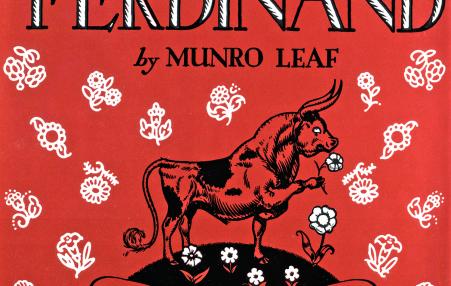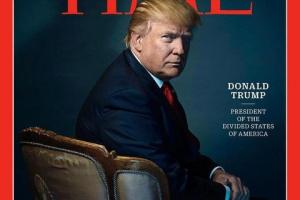Fascism in Multiple Translations
Boston Review
 Published by Viking Press in 1936, the release of Ferdinand came during the era of the Great Depression. That year also saw the outbreak of the Spanish Civil War. In light of these events, Ferdinand started to take on a much greater significance. Ferdinand, the bull presented a Spanish character who stood out from society and refused to fight. Those who supported the violent uprising that was led by Francisco Franco viewed it as pacifist propaganda and they banned its publication.
Published by Viking Press in 1936, the release of Ferdinand came during the era of the Great Depression. That year also saw the outbreak of the Spanish Civil War. In light of these events, Ferdinand started to take on a much greater significance. Ferdinand, the bull presented a Spanish character who stood out from society and refused to fight. Those who supported the violent uprising that was led by Francisco Franco viewed it as pacifist propaganda and they banned its publication.
 Time Magazine is clear on its sole criterion - 'the person who had the greatest influence, for better or worse, on the events of the year.' For clues as to how Time feels about that question - is it 'better or worse?' - we can look to the image chosen for the cover of the issue. Time's decisions regarding how to photograph Trump reveal a layered, nuanced field of references that place the image among the magazine's greatest covers.
Time Magazine is clear on its sole criterion - 'the person who had the greatest influence, for better or worse, on the events of the year.' For clues as to how Time feels about that question - is it 'better or worse?' - we can look to the image chosen for the cover of the issue. Time's decisions regarding how to photograph Trump reveal a layered, nuanced field of references that place the image among the magazine's greatest covers.
Spread the word